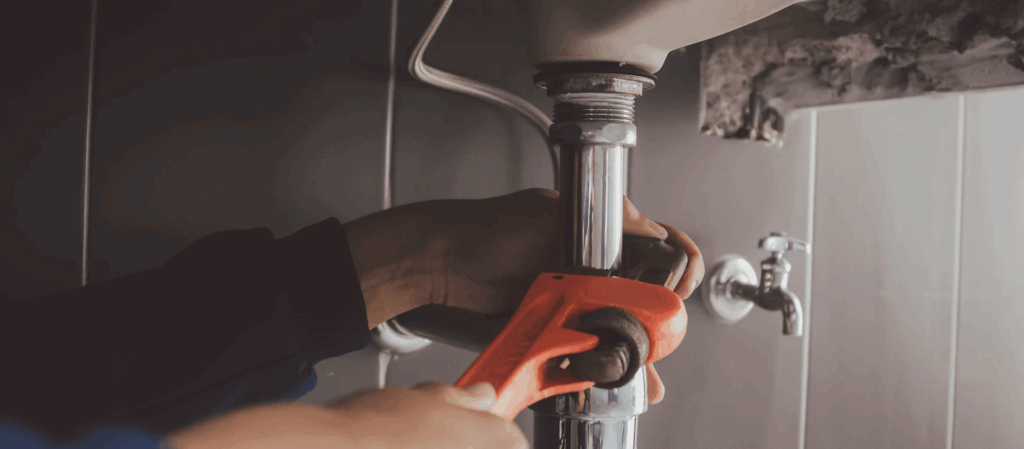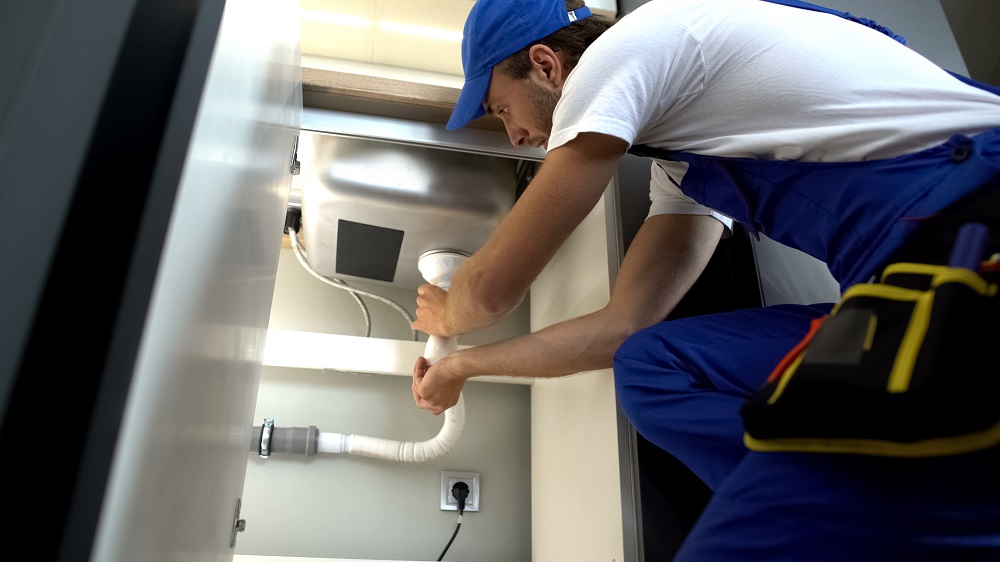Emergency Plumbing: What to Do Before the Plumber Arrives
Plumbing emergencies rarely come with a warning. Whether it’s a burst pipe, an overflowing toilet, or a backed-up drain, these situations can escalate quickly and cause costly damage to your home if not handled properly. While calling a professional plumber is always the right move in an emergency, there are several important steps you can take before the plumber arrives to minimize damage and keep your household safe.
In this post, we’ll guide you through practical, effective actions to take during a plumbing emergency—because knowing what to do can make all the difference.

-
Shut Off the Water Supply
The very first step in any plumbing emergency is to stop the flow of water. Find your main water shut-off valve and turn it off immediately. In many homes, this valve is located where the main water line enters the house—often in the basement, crawl space, or near the water meter.
If the issue is isolated to a single fixture, such as a leaking toilet or faucet, you can shut off the water supply to just that fixture. Doing this prevents further water damage while still allowing water use in other parts of the house.
Tip: Take a few minutes today to locate your main shut-off valve and show everyone in your household how to operate it.
-
Turn Off the Water Heater
If you’re dealing with a major leak, it’s wise to shut off your water heater—especially if it’s a gas unit. Turning it off helps prevent damage to the unit and reduces the risk of overheating or pressure buildup when the water supply is shut off.
To turn off a gas water heater, switch the gas valve to the “pilot” position. For electric heaters, flip the breaker switch in your electrical panel. If you’re unsure how to do this safely, wait for the plumber to assist you.
-
Drain Excess Water
After shutting off the main water supply, open all faucets to drain the remaining water from your plumbing system. Flush toilets to remove water from the tanks. This helps reduce the risk of further leaks and makes repairs easier for your plumber when they arrive.
Use buckets, towels, or a wet/dry vacuum to remove any standing water. The faster you act, the less likely you are to deal with long-term damage like mold or warped flooring.
-
Contain the Leak
Try to contain the water to prevent it from spreading. Use towels, rags, or a mop to soak up small leaks. Place buckets under drips to catch water and protect flooring or furniture.
If a pipe has burst and is accessible, wrap it with a thick towel or rubber sheeting and secure it with duct tape as a temporary solution. While it won’t stop the leak entirely, it can slow it down until a plumber arrives.
-
Don’t Use Chemical Drain Cleaners
In a moment of panic, it might be tempting to pour chemical drain cleaners into a clogged sink or toilet. Avoid this. These products can corrode your plumbing system and are often ineffective in serious blockages.
Worse still, if a plumber needs to snake the line afterward, residual chemicals in the pipes can pose a hazard to them. It’s best to leave the blockage untouched and let the plumber diagnose and clear it safely.
-
Turn Off Electrical Devices Near the Leak
Water and electricity are a dangerous combination. If water is leaking near electrical outlets, appliances, or your circuit breaker panel, turn off the power to that area of the home from your electrical panel—if it’s safe to do so. Never step into standing water to flip a switch. If there’s any risk of electrocution, wait for professional help.
-
Document the Damage
If your plumbing emergency results in property damage, document everything. Take photos or videos of the affected areas, including any water damage, soaked furniture, and plumbing fixtures. This documentation can be crucial for insurance claims and may also help your plumber better understand the extent of the issue.

-
Communicate Clearly With the Plumber
When you call for emergency plumbing help, be as clear and specific as possible about what’s happening. Describe the location of the issue, the type of leak, and what actions you’ve already taken. This information helps the plumber prepare in advance and bring the right tools and parts for the job.
Also, ask for an estimated time of arrival and what you can expect once they arrive. A reputable plumbing company will walk you through next steps and safety measures over the phone.
-
Keep Plumbing Tools on Hand
While you shouldn’t attempt complex plumbing repairs on your own, keeping a basic plumbing toolkit can help you take temporary action. Items like a pipe wrench, plunger, Teflon tape, and plumbing tape can assist with minor fixes or leaks until a professional arrives.
Having these on hand is especially helpful for issues like overflowing toilets or loose joints that need a quick patch.
-
Prepare for the Future
Once your emergency is under control, consider taking preventive measures. Schedule a plumbing inspection, insulate pipes before winter, and fix minor leaks before they worsen. Knowing how your home’s plumbing system works can help you stay calm and effective in any emergency.
Plumbing issues are never convenient, but with a little preparation and fast action, you can reduce damage and maintain your safety until help arrives.